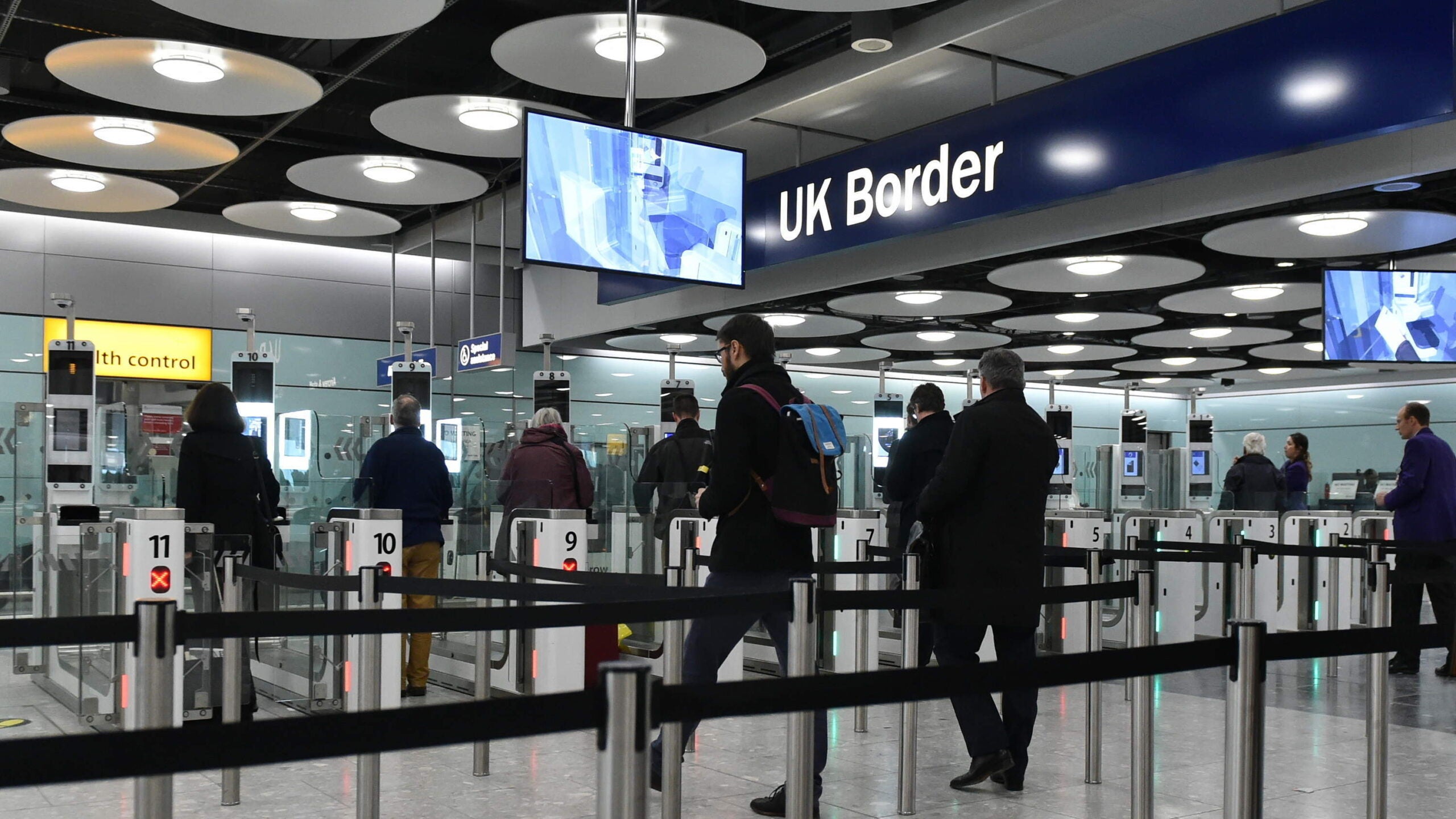
Freedom of movement was one of the key aspects of the Brexit campaign and will make up one of the main negotiation points now that Article 50 has been triggered.
It is thought that a temporary arrangement over the rights of EU citizens to travel freely to the UK and back could take effect from March 2019, once the UK has officially left the union, and would then be in place until a permanent trade deal is made.
However, now that a snap general election is set to take place in June, it is thought ending freedom of movement will become an election pledge for the Conservative party.
What is freedom of movement and what will happen to EU citizens after the Brexit process?
What is freedom of movement?
This is one of the founding principles of the EU: it allows citizens of the union to move to, live in and in some circumstances access the welfare system of the member state to which they have moved. It was created to support the economies of the countries in Europe by providing a mobile workforce.
It’s an important concept of the union because it embodies the EU’s pledge for an open society and to encourage peace, equality and respect amongst all EU member states.
How well do you really know your competitors?
Access the most comprehensive Company Profiles on the market, powered by GlobalData. Save hours of research. Gain competitive edge.

Thank you!
Your download email will arrive shortly
Not ready to buy yet? Download a free sample
We are confident about the unique quality of our Company Profiles. However, we want you to make the most beneficial decision for your business, so we offer a free sample that you can download by submitting the below form
By GlobalDataWhy has it been so controversial?
Freedom of movement was one of the major debates during the Brexit process. The Leave campaign focused on “taking back control” of UK borders through ending freedom of movement. Prior to the Brexit vote, a poll found that 61 percent of Britons believed that immigration was the most important issue facing the EU.
As well, according to a YouGov poll, 52 percent of those surveyed said greater control of EU immigration was in their top three negotiating issues.
What was said after the Brexit campaign?
Once the UK voted to leave the union, the Leave campaign pedalled back on comments to end freedom of movement, which disappointed those who had voted in the referendum.
Conservative MEP, Daniel Hannan, told the BBC a few days after the vote:
Frankly, if people watching think that they have voted and there is now going to be zero immigration from the EU, they are going to be disappointed.
“All we are asking for is some control over roughly who comes in and roughly in what numbers.”
Why is freedom of movement linked to the single market?
Donald Tusk, the European Council president, has said that if the UK wants to stay in the single market, then free movement will have to remain. The single market allows the UK to trade with other countries in the union without restrictions or tariffs, making it easier for companies to trade in different countries.
A poll by research company NatCen found that 90 percent of those surveyed supported remaining in the single market, regardless of how they voted in the referendum.
The UK prime minister Theresa May has said that the country will have to leave the single market, as part of the so-called hard Brexit process.
Some countries such as Iceland and Norway are in the single market but not in the Union. However, to access to this, they still have to implement EU laws such as free movement.
Who else wants an end to freedom of movement?
The UK isn’t the only country that wants to end free movement. A few years ago, Germany, the Netherlands and Austria all signed a letter with the UK, to call on the EU to change its rules regarding this policy. They asked the EU to make it harder for EU citizens to claim benefits when moving to another member country, something May has referred to in the past as “benefit tourists”.
France’s National Front leader, and lead candidate in the upcoming presidential elections, Marine Le Pen has talked about ending freedom of movement in France too. In an interview with Andrew Marr last year, she said:
“We’re not going to welcome any more people. Stop, we’re full up.”
What is the situation now?
A recent speech by May in the Middle East signalled that while the UK negotiates the rules of Brexit, freedom of movement will remain in place. But she appears to be committed to ensuring that this will eventually end.
“What is crucial for the British public, what was part of the vote that they took last year, was that they want to ensure that we have control of our borders and control of our immigration and that’s exactly what we will do when we come out of the European Union,” she said.







